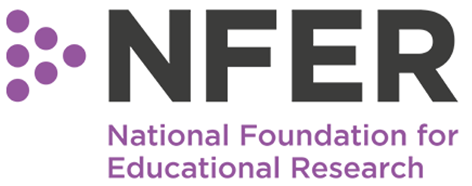NFER carried out 49 interviews with multi-academy trust (MAT) leaders and school special educational needs coordinators (SENCOs) between November 2023 and January 2024. The interviews sought to understand the challenges MATs and schools are facing and the approaches being used across different MATs to support pupils with special educational needs and disabilities (SEND).
The study focused primarily on provision within mainstream secondary schools. MATs were selected based on administrative data and web searching, with the intention of identifying MATs with effective SEND provision. The report highlights some of the key perceived benefits of different MATs’ approaches to SEND and provides actionable recommendations for MATs and school leaders to further strengthen their support systems.
Key Findings
- SENCOs reported that workload was a considerable challenge, primarily due to the rise in administrative tasks associated with the growing number of pupils requiring Education and Health Care Plans (EHCPs).
- Respondents spoke highly of the recent introduction of MAT-level SEND leaders, with the report highlighting how they are playing a significant role in helping to deal with a range of challenges. They tend not to mandate particular approaches but provide a vision or a framework across member schools.
- SENCOs valued the collaboration, learning opportunities and additional resources that MAT membership offered. This was also seen to alleviate the isolation that many SENCOs feel in the role.
- Interviewees reported inconsistencies between local authorities (LAs) in their capacity to effectively support schools, primarily due to inadequate funding and resources.
- While many SENCOs reported experiencing a range of benefits to being part of a MAT, certain challenges and limitations remain, including the geographical distribution of schools and time constraints limiting SENCO collaboration.

